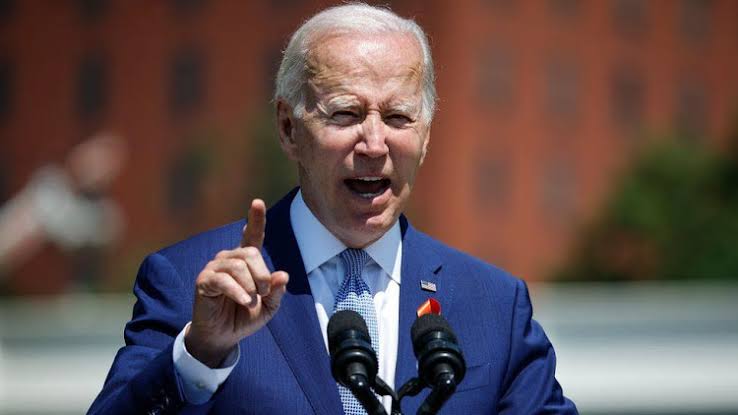US President, Joe Biden has announced that his administration will provide a total of $2.3bn (£1.9bn) to help build infrastructure that can withstand extreme weather and natural disasters.
It will be recalled that President Biden entered office with a promise to, among other things, restore US credibility on climate action and overturn the “rollbacks” of President Trump’s environmental policy.
He signed an executive order for the US to re-join the Paris Climate Accords on his first day. He also pledged to slash US greenhouse gas emissions by at least 50% by 2030 in April last year.
Read also: Heatwave kills 500 in Spain as Europe battles extreme temperatures
Just before the Glasgow climate conference, Biden promised the US would provide $11.4bn a year in climate finance by 2024 – to help developing countries tackle and prepare for climate change. But he only secured $1bn of that from Congress – only a third more than the Trump-era spending.
Turning his promises to reality has been anything but straightforward for Mr Biden and demonstrates the troubles he has had to face in getting climate policy through the normal routes.
Biden made the announcement in Massachusetts, just as a heatwave brings extreme weather to Europe and North America. Tens of millions of people in the US, across more than two dozen states, are said to be living under heat warnings this week.
“Climate change is literally an existential threat to our nation and to the world,” Biden said in his speech, which was delivered outside a former coal-fired power plant in the town of Somerset. “The health of our citizens and our communities is… at stake. So we have to act.”
According to him, the funding would go to expanding flood control, shoring up utilities, retrofitting buildings, and helping families pay for heating and cooling costs.
He explained that the money comes from an existing Federal Emergency Management Agency budget and will be prioritised for disadvantaged communities and that it includes $385m to help states fund air conditioning units in homes and community cooling centres.
“This administration also plans to provide additional support for offshore wind and energy development in the Gulf of Mexico, and enforce new workplace standards to help protect workers from extreme weather,” he said.
Story was adapted from the BBC.
